Leading Paper Mill Arctic Paper Successfully Integrated Demand Response.

The paper mill Arctic Paper Grycksbo is one of the leading manufacturers in the world of wood-free coated paper and produces 210,000 tonnes of high-quality coated graphic paper per year. Production was started as early as 1740 by Johan Munktell when he received permission to start hand paper production in Grycksbo. The mill currently employs about 330 people and is one of three paper mills that together with the Rottneros Group form the Arctic Paper Group.
“Together with Sympower’s in-house developed control system and their very good technical knowledge of our customers’ resources and processes, we can complement each other in a very good way and give customers unbeatable simplicity and security by contributing with their resources on the flexibility markets. The close collaboration with Sympower has offered us and our customers new opportunities to contribute with their flexibility. That is why collaboration with far-sighted and fast-footed customers such as Arctic Paper is so important. We all develop together.”
Henrik Juhlin, Head of Power Management at Vattenfall.
The production of paper
To produce paper, a lot of energy is needed in the form of steam and electricity. The steam is produced 100% fossil-free using a pellets and wood powder fired boiler of 49 MW or in the mill’s two electrical steam-boilers of 40 MW in total. The fine paper production process is very energy intensive because the pulp must be dissolved and ground in several steps to get a perfect paper with the right properties and a fine paper surface. Large electricity consumption in the paper process stems from pumps, stirrers, ventilation, vacuum pumps, infrared dryers, etc.
What enables our participation in FCR-D has been both the large and small buffers in our processes such as the pulp storage tower and white water tower, which enables short stops of e.g. grinders and stirrers.
Anders Lundquist, Production Engineer Arctic Paper
Added revenue by providing demand response services
Arctic Paper can generate additional revenue streams where Sympower’s system unlocks availability of the flexibility found in suitable processes. Examples are stirrers in the pulp preparation and wastewater treatment, fans as well as a grinder. The flexibility consists of the ability to during shorter times (typically a few minutes), switch off this equipment to stabilise the power grid and its frequency.
This flexibility is then offered to the frequency containment reserve market (FCR-D) where compensation is received for being available to ensure a stable system and increased operational reliability.
Results
Revenues from the frequency containment market partially, sometimes fully, covers the operating cost of running the connected process. For each MW that is connected, revenues of just over SEK 900,000 are expected each year.
“The energy transition presents us with new challenges that requires new solutions and we are very happy that Arctic Paper Grycksbo wants to be part of this journey together with us. Industries such as Arctic Paper show a great potential in operating in the frequency containment markets and thus contributing to the energy transition.”
Martin Wästljung, Sales Engineer at Sympower
Download the Case Study
Other articles you might find interesting
-
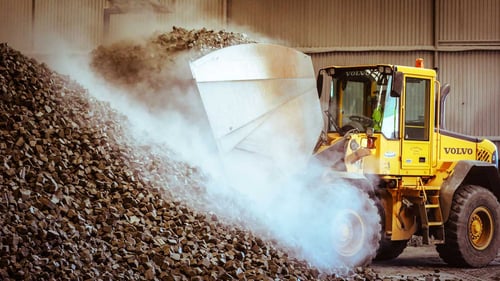 Case studies20 October 2021
Case studies20 October 2021From Waste to Watts: Hasopor Turning Glass Recycling Into Flexibility
Read more -
-1.jpg?length=500&name=image001%20(1)-1.jpg) Case studies20 October 2021
Case studies20 October 2021Uddeholm’s Steel Production Makes Material Gains with Demand Response
Read more -
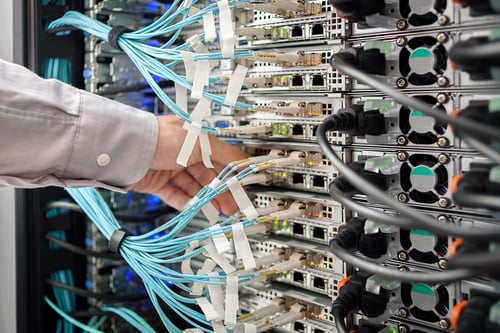 Case study20 October 2021
Case study20 October 2021Seabird Data Services - The Data Centre Becoming a Flexibility Powerhouse
Read more -
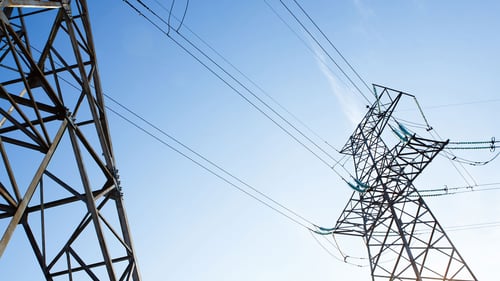 Case study20 October 2021
Case study20 October 2021Bixia - Maximising Customers’ Revenue Without Increasing Costs
Read more -
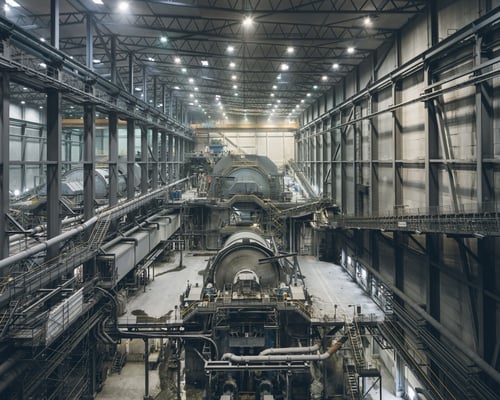 Case study20 October 2021
Case study20 October 2021Boliden Aitik - Using Grinding Mills' Flexibility to Earn Revenue
Read more -
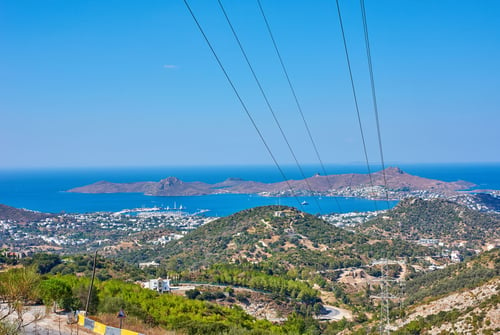 energy market20 October 2021
energy market20 October 2021Tailoring Sympower’s flexibility services to a new market - the example of Greece
Read more -
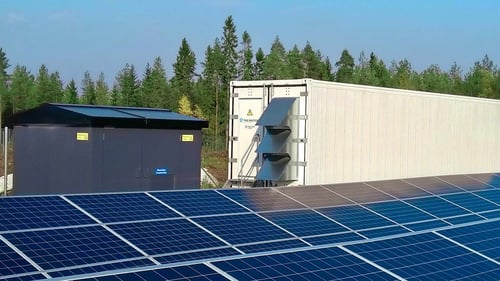 Customer story20 October 2021
Customer story20 October 2021Demand Response for BESS in Finland’s First Scale Solar Park.
Read more -
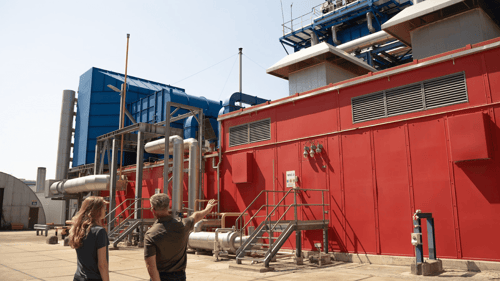 Customer story20 October 2021
Customer story20 October 2021Investing in Greener Growth with Peter Nillesen From GETEC.Park
Read more -
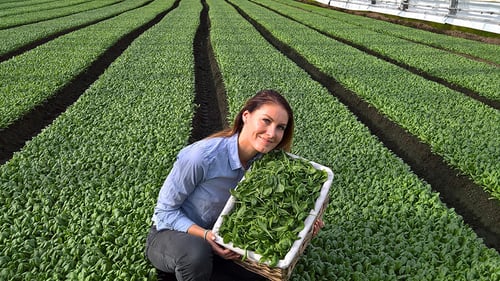 Customer story20 October 2021
Customer story20 October 2021Cultivation Innovation: The Family-Run Greenhouse Growing their Revenue with Energy Flexibility
Read more